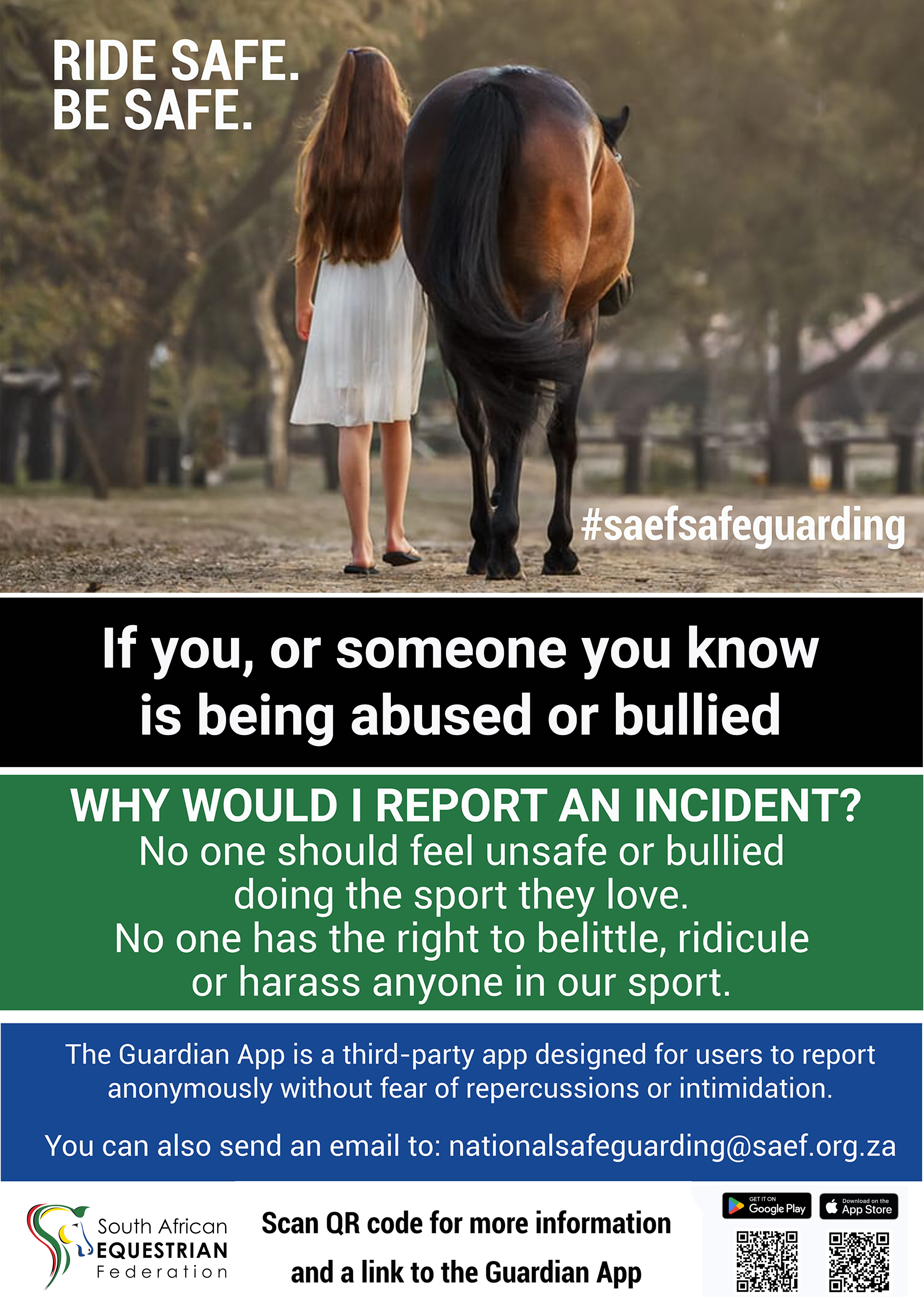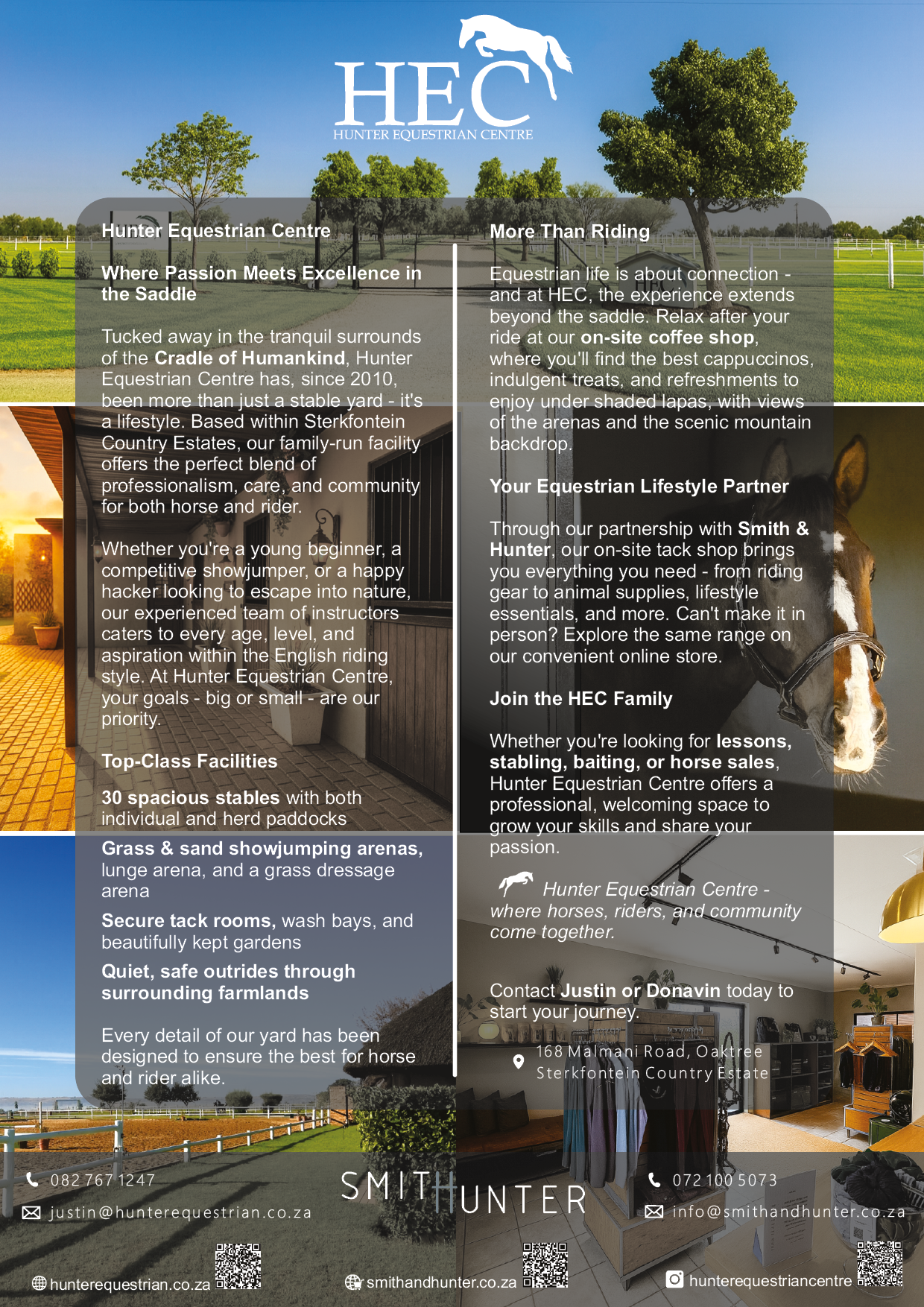By Charlene Carroll
Scrolling, liking, sharing. It’s second nature, right? Yet in the blur of online life, we often forget that what we post and how we behave in digital spaces can have a lasting impact. South Africa has specific guidelines for online behaviour, from protecting children’s identities to ensuring our words don’t cross the line into defamation or harassment.
Digital mindfulness is not about cutting ourselves off from technology, but about using it thoughtfully, with awareness of both personal and social consequences.
1. Think before you post
A moment’s reflection can prevent years of regret. South African digital law places particular emphasis on protecting children. Posting images of minors without consent, especially if the post identifies their school, riding school, or location, can put them at risk. Always ask: does this photo need to be shared, and do I have the right to share it? A private moment in real life doesn’t automatically need to become public property online. A child snapped at a show might be a foster child or be protected under the law.
2. Remember that words can wound
The same rules that govern how we treat one another face-to-face extend into our online lives. South African law makes it clear that harassment, hate speech, and defamation apply on social media too. A throwaway comment in anger or a sarcastic jab may feel small, but in the digital world, words spread quickly, often without context. Digital mindfulness means treating online spaces with the same civility we expect in our communities.
3. Balance connection with disconnection
Mindfulness is also about managing our own habits. Constant notifications keep us tethered to our screens, and over time, that can fray our attention and even our relationships (and nerves). Set boundaries: no phones at the dinner table, time limits on scrolling, or a quiet hour before bed. The aim is not to withdraw but to reclaim space for thought, rest, and genuine presence.
4. Respect privacy – yours and others’
Oversharing is easy, but once something is online, it is nearly impossible to take back. Think about what you reveal in your posts: your location, your schedule, your family’s routines. Protecting your digital footprint is as much about safeguarding your future self as it is about guarding against immediate risks. The same courtesy applies to others: don’t tag friends in places they might not want publicised or share private conversations without permission.
5. Model the behaviour you want to see
Children and teens learn digital behaviour from the adults around them. If we are careless with our posts, aggressive in our comments, or constantly glued to our screens, that becomes their template. Digital mindfulness is not just personal, it is cultural. By modelling thoughtful, respectful, and balanced behaviour online, we help shape a healthier digital community for the next generation.
A mindful digital life
Technology is not going away. Social media will continue to be a powerful force in shaping how we see ourselves and one another. But we have a choice in how we participate. By taking a mindful approach. Like considering before we post, respecting privacy, and modelling good habits – we can turn digital spaces into places of connection rather than conflict.
The online world mirrors the real one, and it is up to each of us to make it one worth belonging to.

















